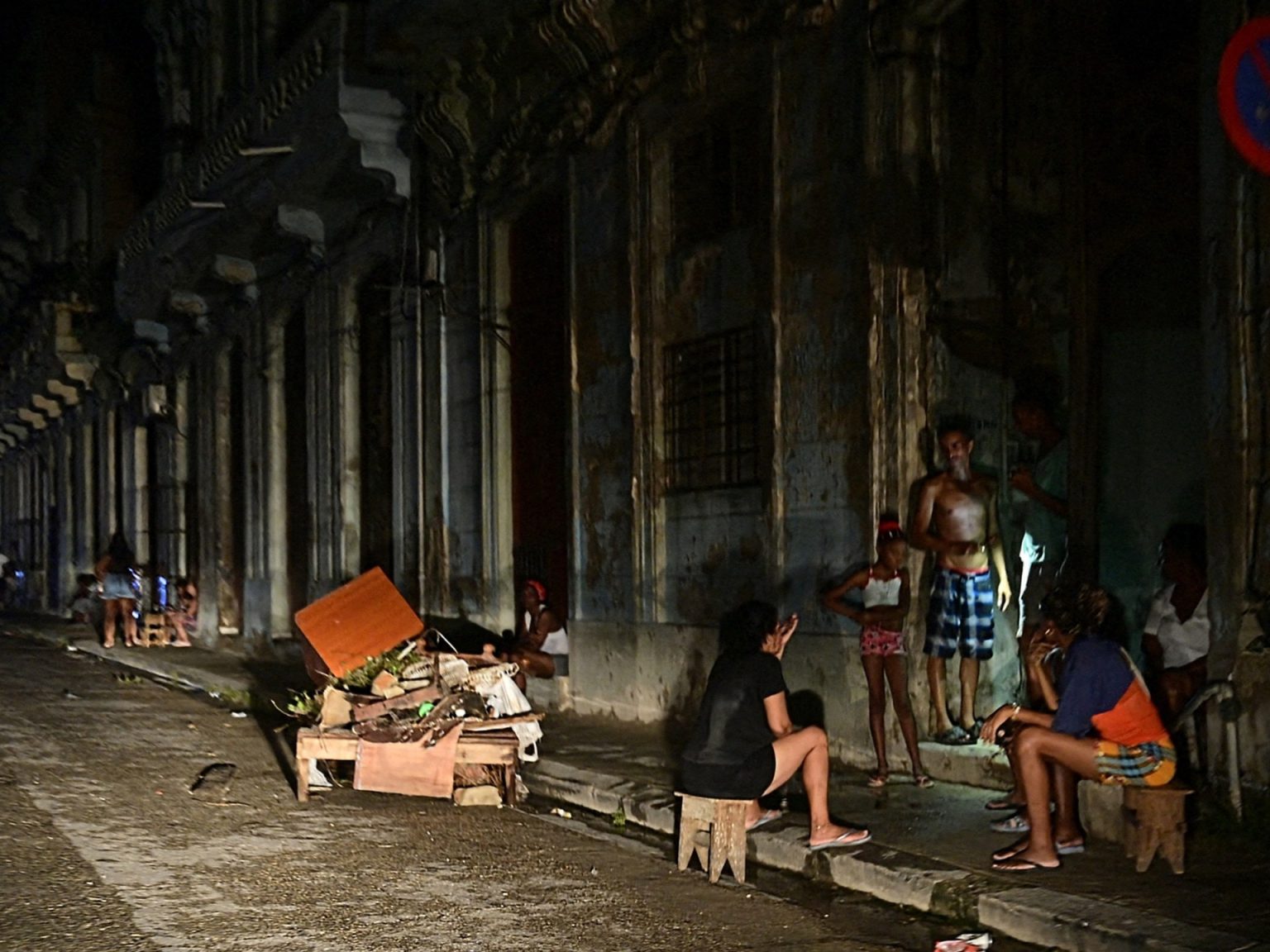Hurricane Oscar made landfall on the northeastern coast of Cuba, bringing heavy rains and storm surge to a region that was already struggling to restore power following a massive nationwide blackout. The storm hit near the city of Baracoa in the province of Guantanamo with maximum sustained winds of about 130km/h (80mph). The Cuban meteorological survey warned of an extremely dangerous situation in the eastern part of the country, which was largely without electricity or communication ahead of the storm’s arrival. The grid collapsed multiple times over the weekend, adding more pressure to a nation already battling shortages of food, medicine, fuel, and water.
Millions of people in Cuba were still without power on Sunday, following the collapse of the national grid due to the failure of the country’s largest power plant. Rafael Carrillo, a mechanic, expressed uncertainty about when the power would be restored as he had to walk almost 5km (3 miles) due to the lack of public transport amid the blackout. Anabel Gonzalez, a resident of Old Havana, spoke about her desperation after three days without power, leading to the spoiling of food in her refrigerator. Prime Minister Manuel Marrero Cruz declared an energy emergency, suspending non-essential public services to prioritize electricity supply to homes. Schools were closed through Wednesday, and only essential workers were asked to report to work on Monday.
Cuban President Miguel Diaz-Canel addressed the situation by stating that officials in the east of the island were working hard to protect the people and economic resources ahead of Hurricane Oscar’s arrival. The power grid first crashed on Friday, and despite some progress in restoring power, it collapsed again on Saturday evening. The country has faced difficulties in acquiring fuel for its power plants, which Diaz-Canel attributed to the tightening of a six-decade-long US trade embargo. Previous blackouts in July 2021 and 2022 prompted public anger and protests that resulted in injuries and fatalities.
Hurricane Oscar brought further challenges to Cuba as it struggled to recover from the national blackout. The storm made landfall in an area that was already facing shortages of essential supplies due to the ongoing power crisis. The situation was exacerbated by the repeated failures of the power grid, leaving millions without electricity for an extended period. Cuban authorities worked to restore power and provide essential services to the affected population while dealing with the aftermath of the storm.
The impact of Hurricane Oscar highlighted the vulnerabilities of Cuba’s infrastructure and the difficulties faced by the population in accessing basic necessities. The country’s energy emergency underscored the importance of a reliable power supply for daily life and economic activities. The government’s response to the crisis, including the declaration of an energy emergency and suspension of non-essential services, aimed to prioritize the restoration of power to homes. Despite the challenges posed by the storm and the ongoing embargo, Cuban officials worked to address the immediate needs of the population and mitigate the impacts of the natural disaster.













